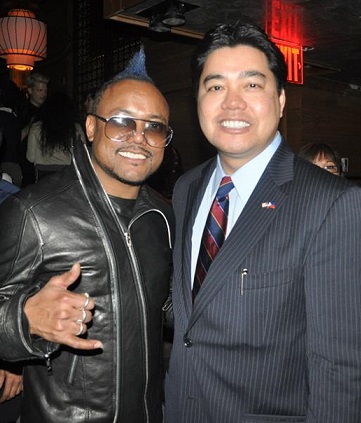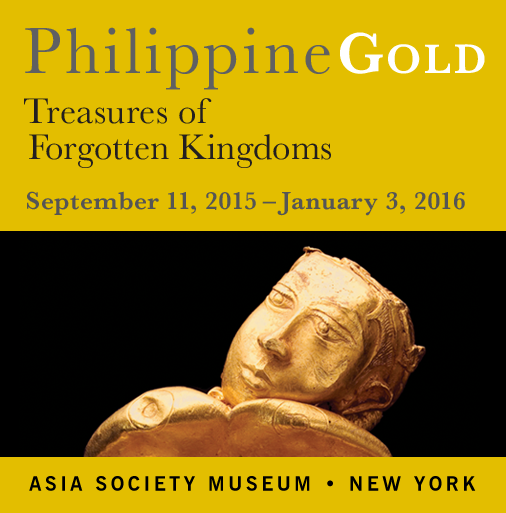UN marks its seventh decade as a ‘multitasking’ world organization
By Ludy Astraquillo Ongkeko, Ph.D.
Year 2015 is a milestone for the United Nations (U.N.) founded in 1947. Since its inception, the U.N. has promoted and strengthened involvement of the various leaders of the world’s as active members of the universal organization.
The Secretary General of the U.N., Ban Ki-moon, has underscored the role of the U.N.
He said, “The United Nations is needed more than ever at this time of multiple crises…
at this critical moment, let us re-affirm our commitment to empowering the marginalized
and vulnerable. On U.N. Day, I call on Governments and individuals to work in common cause for the common good.
“U.N. Day marks the anniversary of the entry into force in 1945 of the U.N. Charter. With the ratification of that founding document by the majority of the signatories, including the five permanent members of the Security Council, the U.N. officially came into being. The 24th of October has been celebrated as U.N. Day since 1948. In 1971, the U.N. General Assembly recommended that the day be observed by member States as a public holiday.”
Flashback to the U.N.’s earlier history: Our homeland was represented in the U.N. General Assembly by the exceptional contributions of Ambassador Carlos P. Romulo when he served as president, U.N. General Assembly in 1949-1950.
Following his service in the U.N., the Romulo piece, “I am a Filipino,” considered unparalleled in Philippine history was aired. It commenced with the stirring lines:
“I am a Filipino, inheritor of a glorious past, hostage to the uncertain future – as such I must prove equal to a two-fold task – the task of meeting my responsibility to the past, and the task of performing my obligations to the future.”
Fast forward to today’s global spheres: the U.N.’s mission is one of multi-tasking. Owing to its vision to reach, to address the world’s most pressing challenges, when disaster strikes, the world turns to the U.N.
When there is peace to uphold between warring factions, the world asks the U.N. to mobilize peacekeepers, oversee elections, and aim for stability.
When confronted with challenges, i.e., climate change, disease or poverty, the U.N. provides the platform for international cooperation.
The U.N. is an international organization, not a government.
Consequently, the effectiveness of the U.N. hinges on the participation of 193 sovereign member states accompanied by the backing of citizens all over the world.
The U.N. provides food to 100 million people in 73 countries; sees to the vaccination of 58 percent of the world’s children in its avowal to save at least 2.5 million lives each year; assists over 34 million refugees and people fleeing war, feminine persecution; keeps pace with 110,000 peacekeepers on four continents; fights poverty; helping 370 million rural poor achieve better lives (as proven during the past 30 years); protects and promotes human rights on the site and uses diplomacy to prevent conflict.
As its seventh decade of service is being marked, the entire world, it is hoped, will join in celebration of the United Nations’ exemplary years of world leadership at its best.











